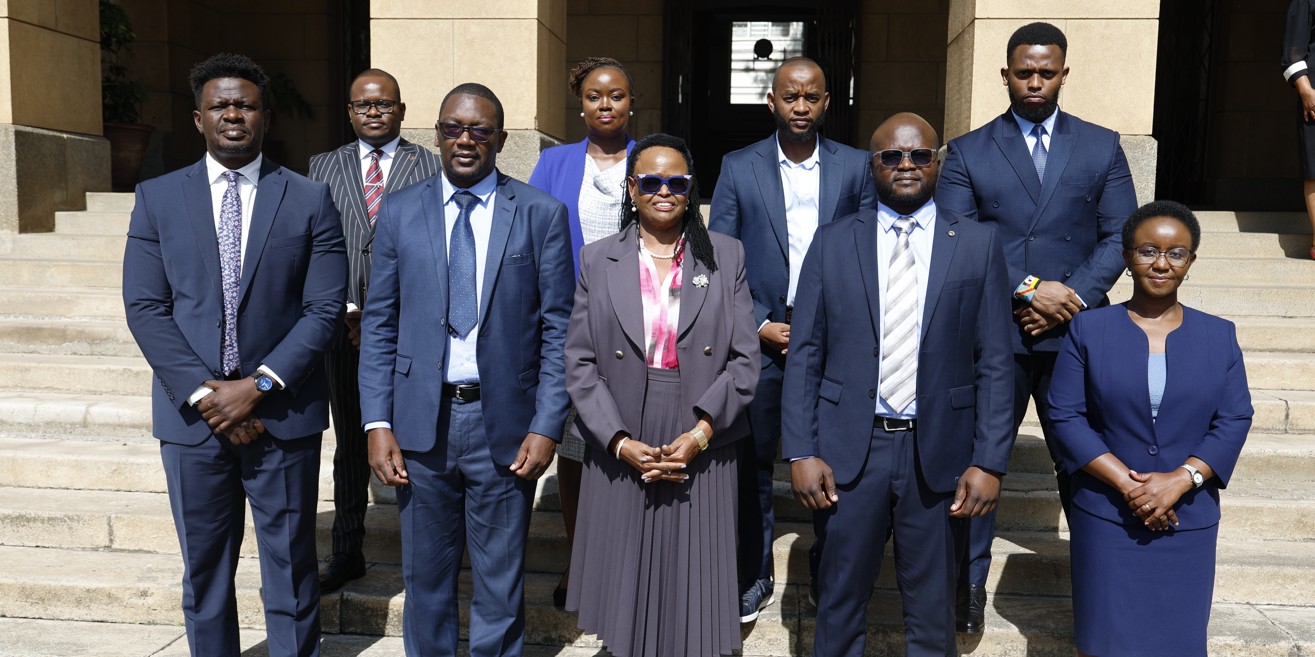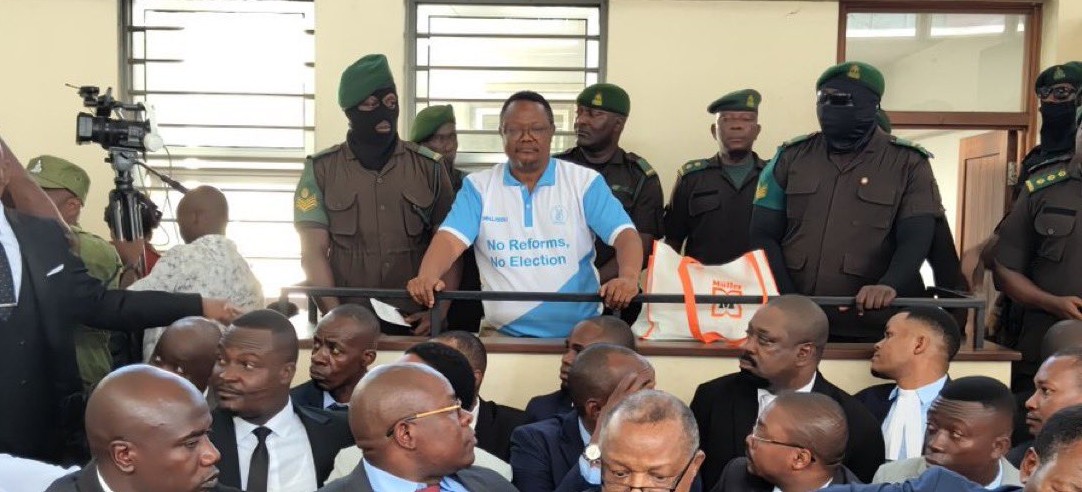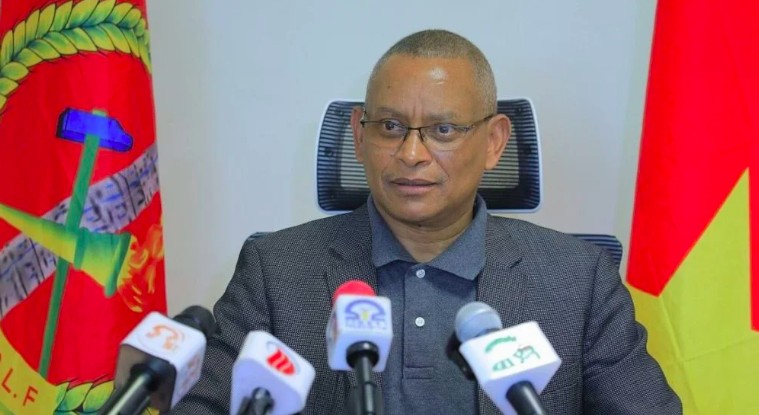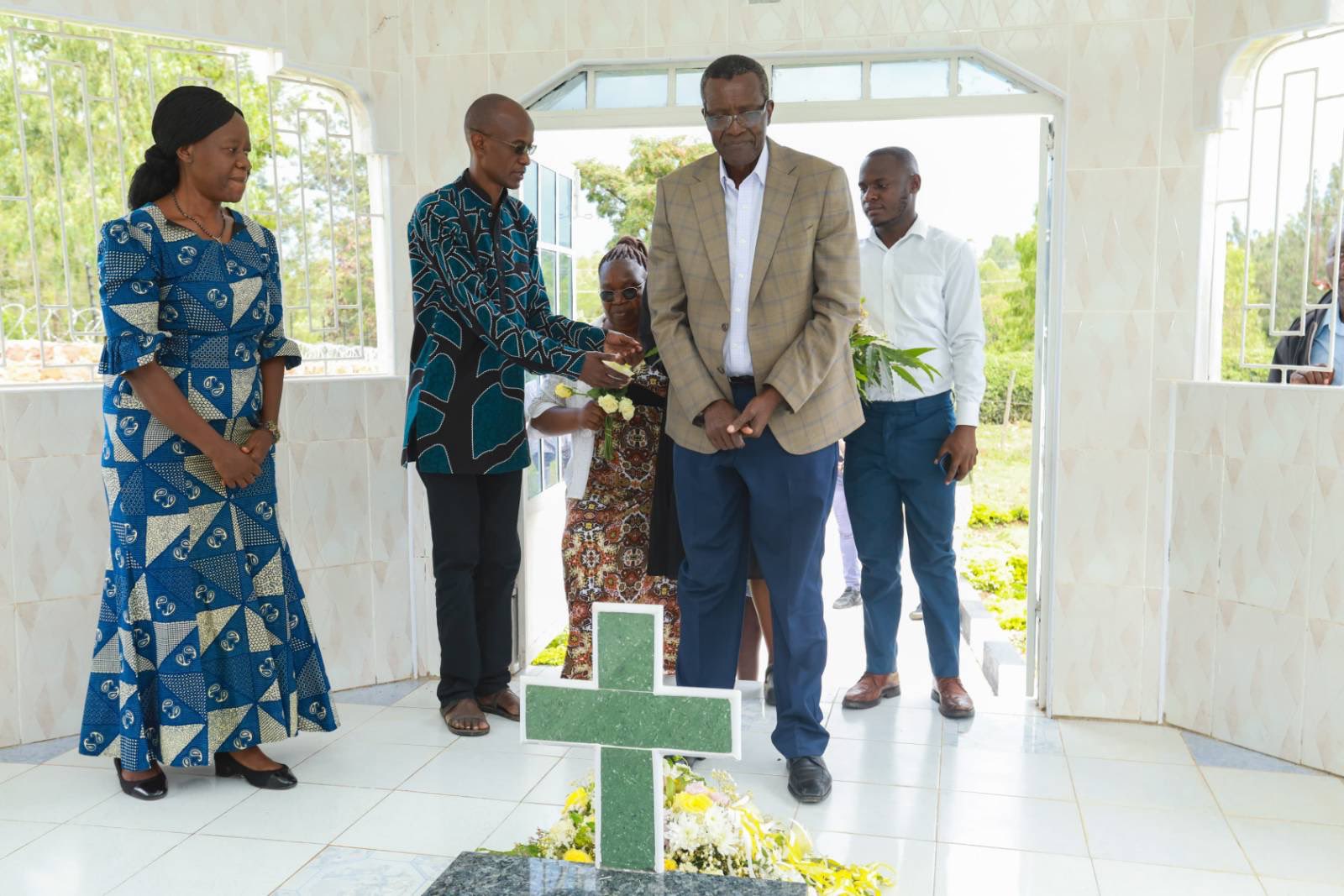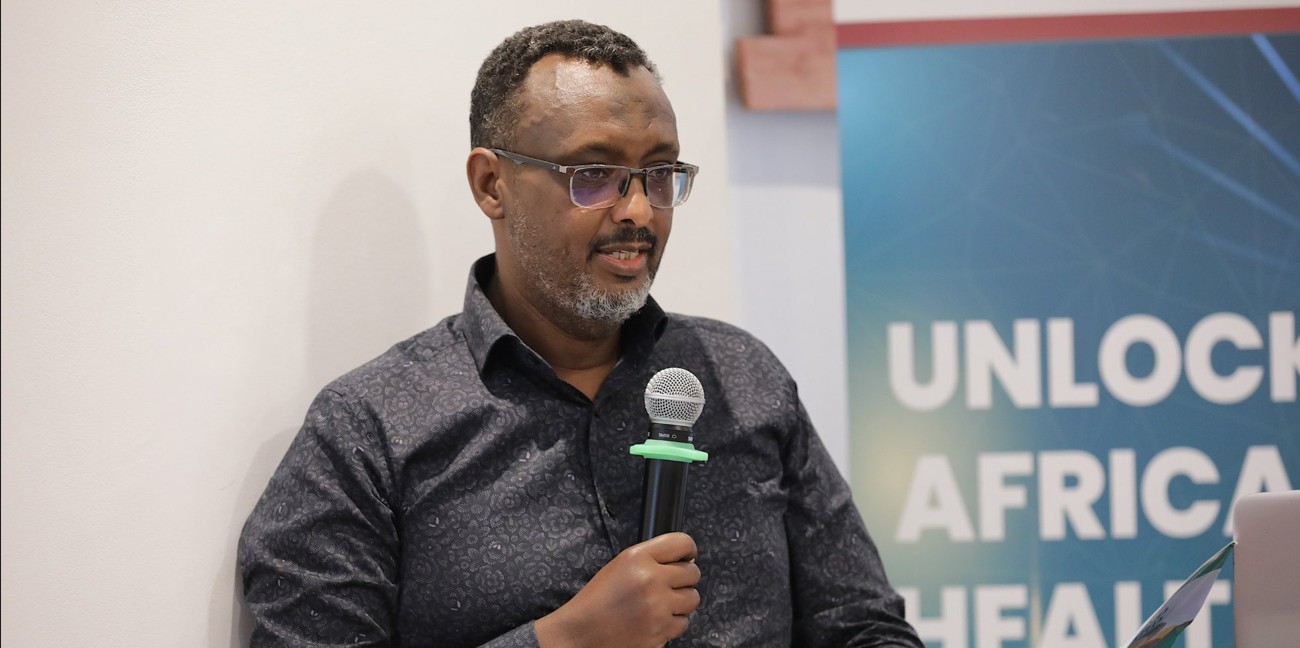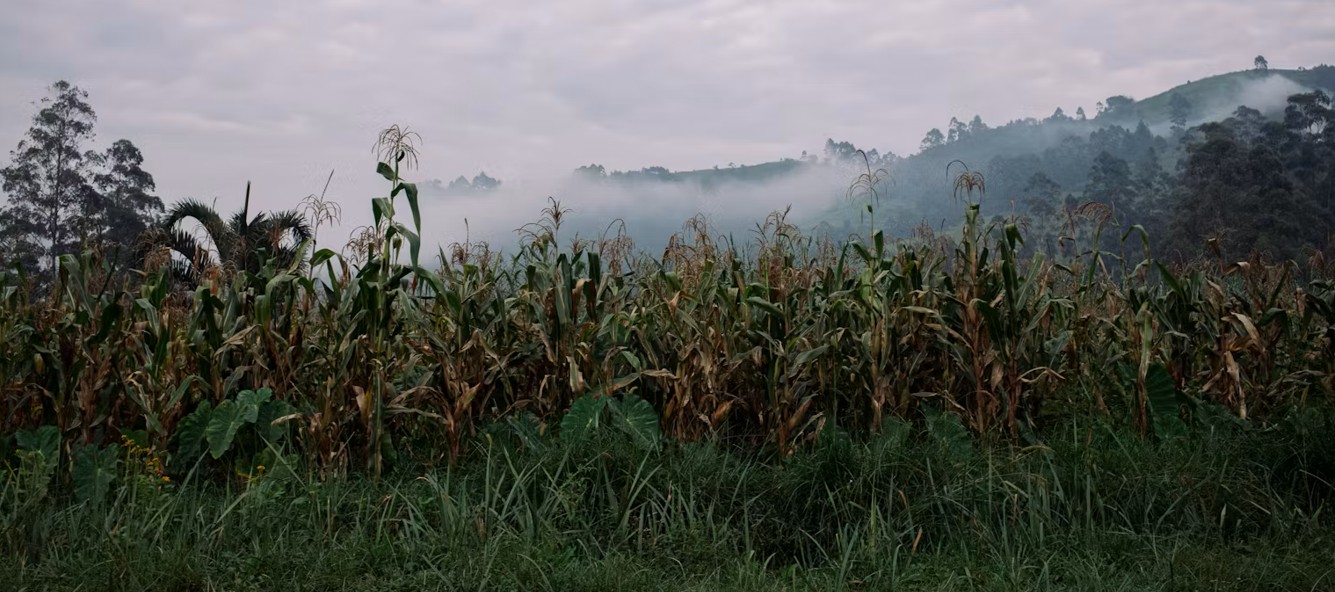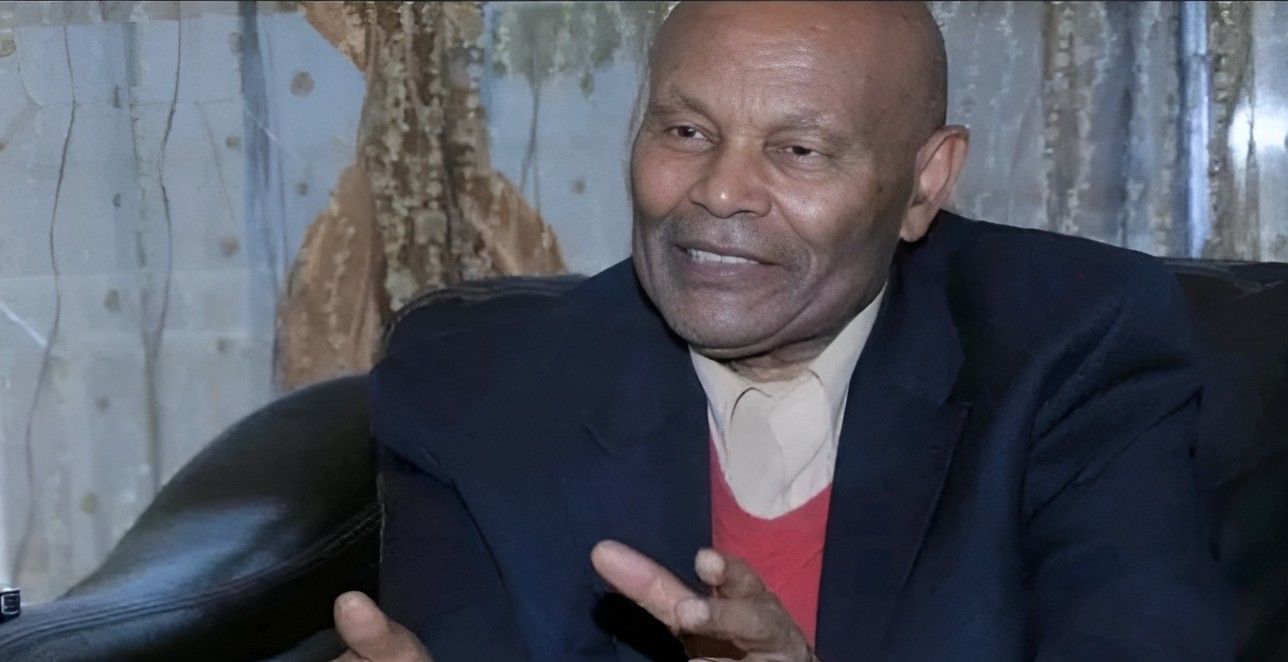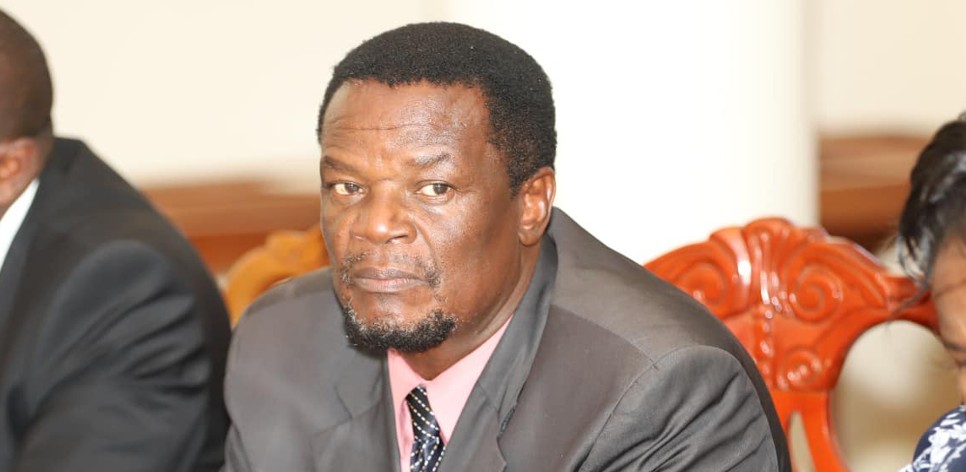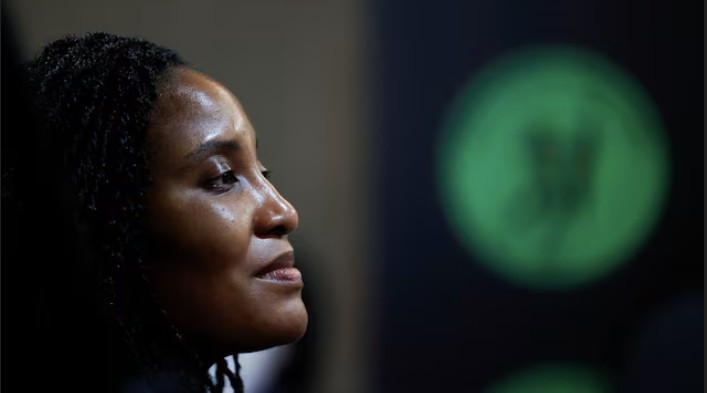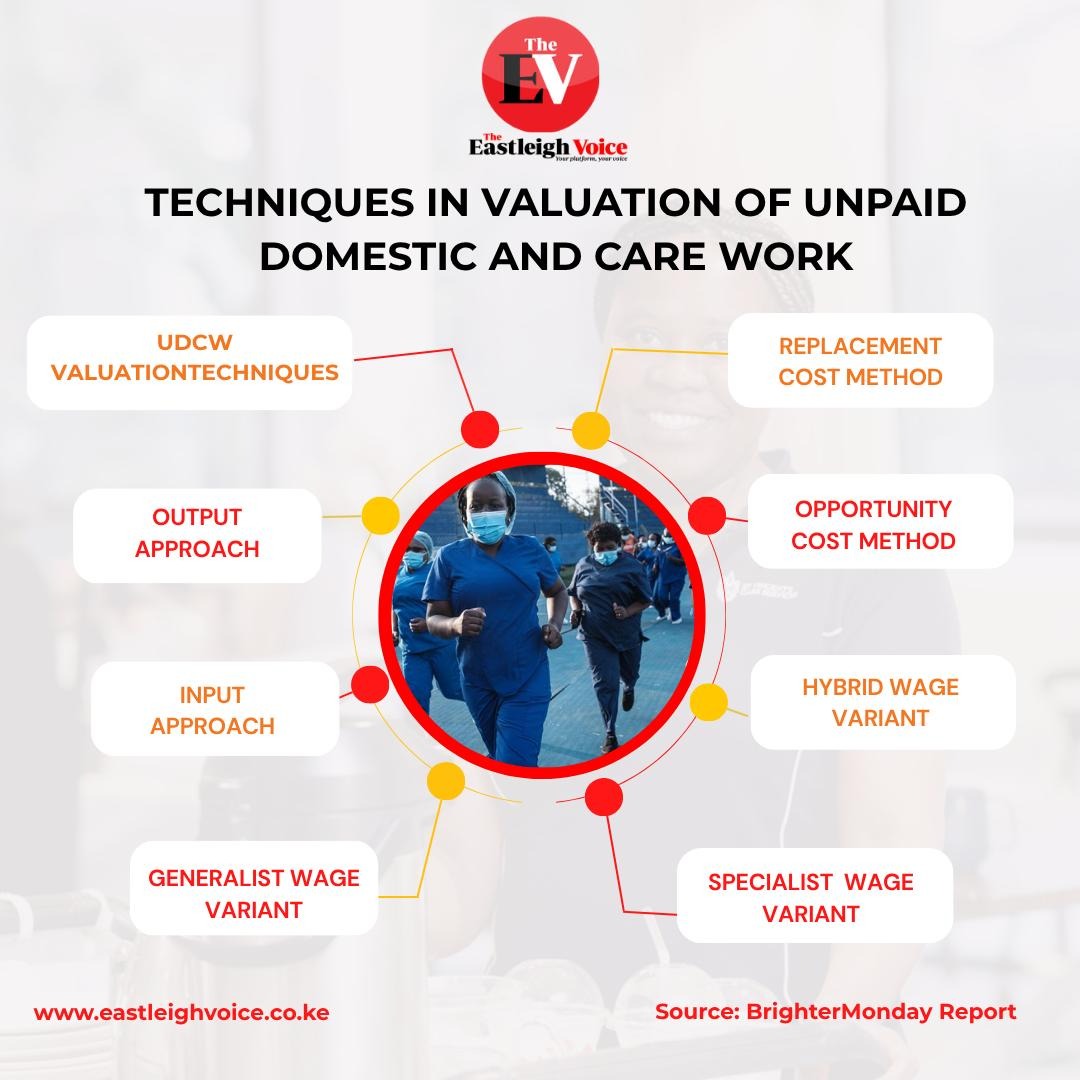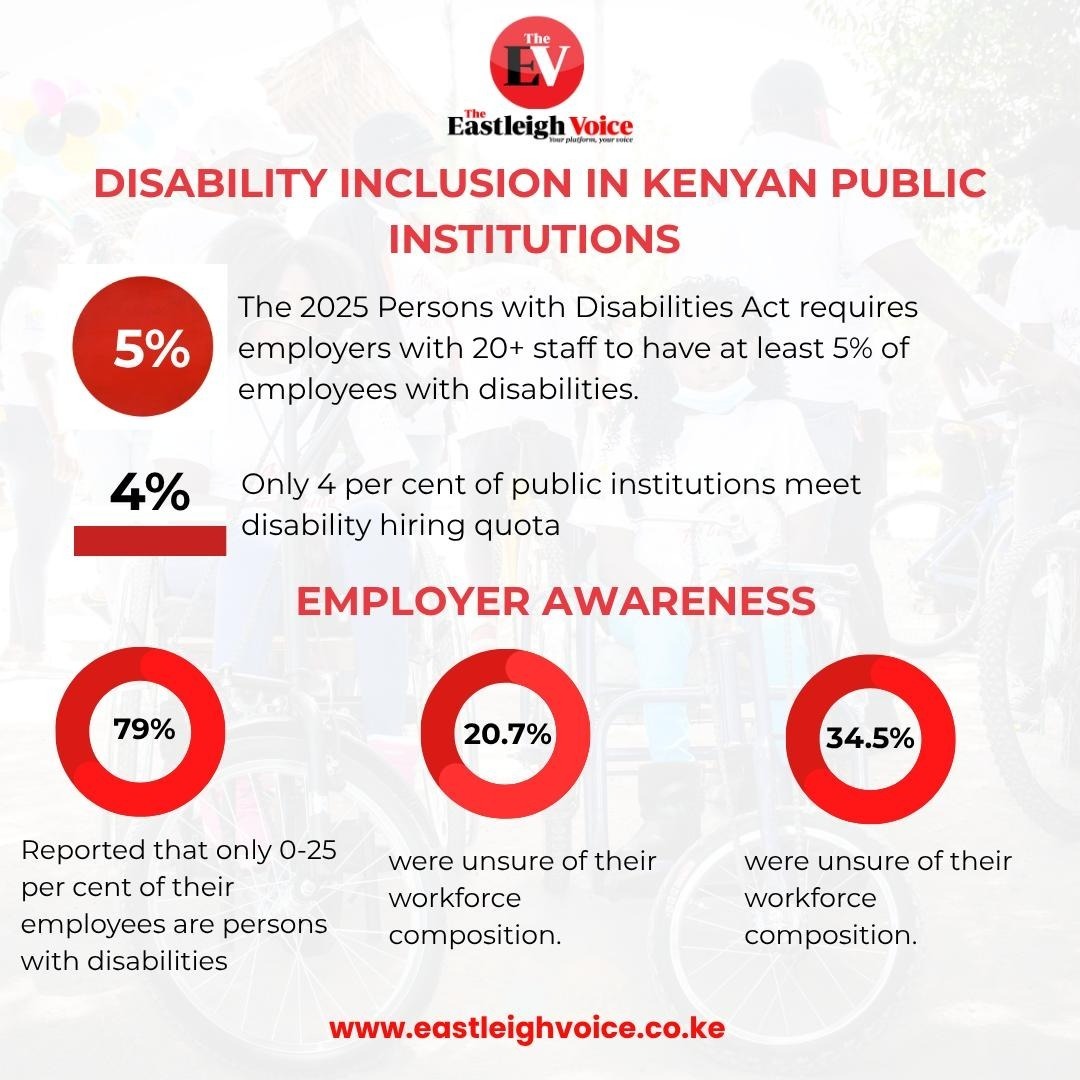WHO approves first Mpox vaccine, enhancing global response to outbreaks

The vaccine, known as MVA-BN, is administered in two doses, four weeks apart, to individuals over 18 years.
The World Health Organisation (WHO) on Friday granted prequalification to the first Mpox vaccine, marking a significant milestone in the fight against the disease.
This approval is expected to improve access to vaccines, reduce Mpox transmission, and help control outbreaks more effectively.
More To Read
- WHO urges countries to protect health budgets amid aid reductions
- Mpox detected in Garissa, patient isolated as officials trace contacts
- Reported massacre at hospital in Sudan’s El Fasher leaves 460 dead
- Severe flooding affects over 960,000 in South Sudan: UN
- WHO says polio eradication still feasible despite Sh219 billion funding cuts
- Namibia declares mpox outbreak after confirmed case in Swakopmund
The pre-qualification process involved an assessment of data provided by the vaccine's manufacturer, Bavarian Nordic A/S, and a review by the European Medicines Agency.
"This first prequalification of a vaccine against Mpox is an important step in our fight against the disease, both in the context of the current outbreaks in Africa and in future,” said WHO Director-General Tedros Adhanom Ghebreyesus.
He emphasised the urgent need for increased vaccine procurement, donations, and distribution to ensure equitable access and to support public health efforts to prevent infections and save lives.
The vaccine, known as MVA-BN, is administered in two doses, four weeks apart, to individuals over 18 years.
It can be stored at 2–8°C for up to eight weeks after initial cold storage.
Initially developed to prevent smallpox, the MVA-BN vaccine had not been approved for Mpox due to a lack of supporting data on its effectiveness.
"The WHO prequalification of the MVA-BN vaccine will help accelerate ongoing procurement of the Mpox vaccines by governments and international agencies such as Gavi and Unicef to help communities on the frontlines of the ongoing emergency in Africa and beyond," Dr Yukiko Nakatani, WHO Assistant Director-General for Access to Medicines and Health Products, stated.
She added that this decision will also enable national regulatory authorities to expedite approvals, improving access to quality-assured Mpox vaccines.
The WHO Strategic Advisory Group of Experts on Immunisation reviewed all available evidence before recommending MVA-BN for use in Mpox outbreaks, particularly for those at high risk of exposure.
While the vaccine is not licensed for those under 18, it may be used "off-label" in certain high-risk groups, including infants, children, adolescents, pregnant individuals, and those with weakened immune systems, in outbreak settings where the benefits outweigh the risks.
The vaccine has shown an estimated 76 per cent effectiveness with a single dose administered before exposure, and about 82 per cent effectiveness with the full two-dose regimen.
However, its effectiveness decreases when given after exposure. Clinical studies and real-world use during the current global outbreak have demonstrated a good safety profile and performance of the vaccine.
Dr Rogerio Gaspar, WHO Director for Regulation and Prequalification, stressed the importance of continued data collection on vaccine safety and effectiveness, especially given the changing nature of the virus and the emergence of new strains.
Other Topics To Read
"The findings of the assessments are particularly relevant in the context of the declaration of a public health emergency of international concern (PHEIC) related to the upsurge of Mpox in Africa," he said.
on August 14, 2024, the WHO director-general declared the Mpox outbreak in the Democratic Republic of Congo and other regions a PHEIC.
Recently, Kenya reported its fifth case of Mpox, a 28-year-old woman from Mombasa who is now in isolation. The case was linked to a spouse who had recently travelled to Rwanda.
Health officials are actively monitoring and testing contacts, with 124 samples submitted to date and 33 contacts currently under observation.
Health Cabinet Secretary Deborah Barasa confirmed that out of the five positive cases, two have recovered, and 687,233 travellers have been screened at 24 entry points. Ongoing surveillance aims to control the disease's spread effectively.
Top Stories Today
Reader Comments
Trending

